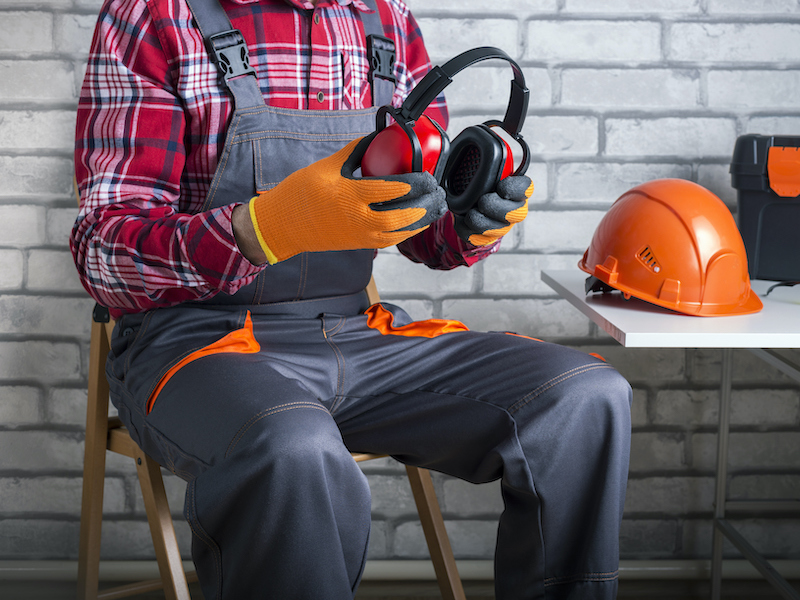
Your sense of hearing is crucial in your life and when you lose it, there will be no natural way for it to return But somehow, hearing loss frequently goes neglected and uncontrolled in the general population. As a matter of fact, permanent hearing loss impacts one out of eight individuals (about 30 million people) over the age of 12 in the United States alone.
Protecting your hearing from the beginning is the best and simplest way to prevent hearing loss, but if you’re already experiencing hearing loss you can recover much of your hearing with a hearing aid.
Protect your hearing with these five tips:
Earbuds should be avoided
Earbuds have been packaged with mobile devices since the early 2000s and are one of the greatest dangers to hearing. Almost every smartphone available comes with a set of these little devices that sit snugly in your ear and pump sound directly into your ear canal. Listening to a movie or music on your mobile device at maximum volume for just 15 minutes can result in irreversible hearing loss. The better choice would be to get a pair of earmuff-style headphones that go over your ears, which is made even more effective if you can find a pair that has noise-canceling technology. Sticking to the 60/60 rule, which suggests a maximum volume of 60% for no higher than 60 minutes a day, is another safety measure to protect your hearing.
Keep your volume low
Your hearing can be damaged by other things besides earbuds. Loud noises from a TV or radio can do as much damage if you consistently listen to them over a sustained period of time. You’ll also want to avoid situations where loud sounds are constant, like construction zones, concerts, and firearm ranges. Steering clear of these situations may only be possible in a perfect world, particularly if you’re a construction worker or a musician. If that’s the case, then you’ll want to pay attention to the next item on the list.
Hearing protection will help
Hearing protection is a must if you work in a setting or enjoy hobbies that expose you to loud sounds. Hearing loss can happen in just 15 minutes at 85 decibels. Compare that to the following:
- The average gunshot clocks in at 149 decibels, which is multiplied and amplified over the course of a one hour visit to an indoor gun range
- The majority of concerts are between 100 and 120 decibels with headliners usually playing for around an hour and 20 minutes
- Jackhammers at a construction site generate 130 decibels, which could cause significant harm after a 40-hour workweek
The takeaway here is that you should get yourself some type of hearing protection like earmuffs or earplugs if you engage in any of these activities.
Take auditory breaks
Sometimes giving your ears a break is the smartest thing you can do. If you participated in any of the activities listed above, you should make sure to take some quiet time for yourself so your ears can rest and recover, even if you were wearing ear protection. So after you leave a concert, you most likely shouldn’t jump into your car and crank music.
Check your medicine
Your hearing may be substantially affected by the medication you use. There are some medicines that have been proven to cause hearing loss including some heart and cancer medicines, aspirin, antibiotics, and anti-inflammatory medication. Fortunately, medication associated hearing loss normally only happens when more than one of these medicines are taken together making it far less common.
Looking to get treatment for your hearing loss? Make an appointment with us for a hearing aid discovery test.
Resources
https://www.cdc.gov/nceh/hearing_loss/how_does_loud_noise_cause_hearing_loss.html
https://www.uofmhealth.org/health-library/tf3092